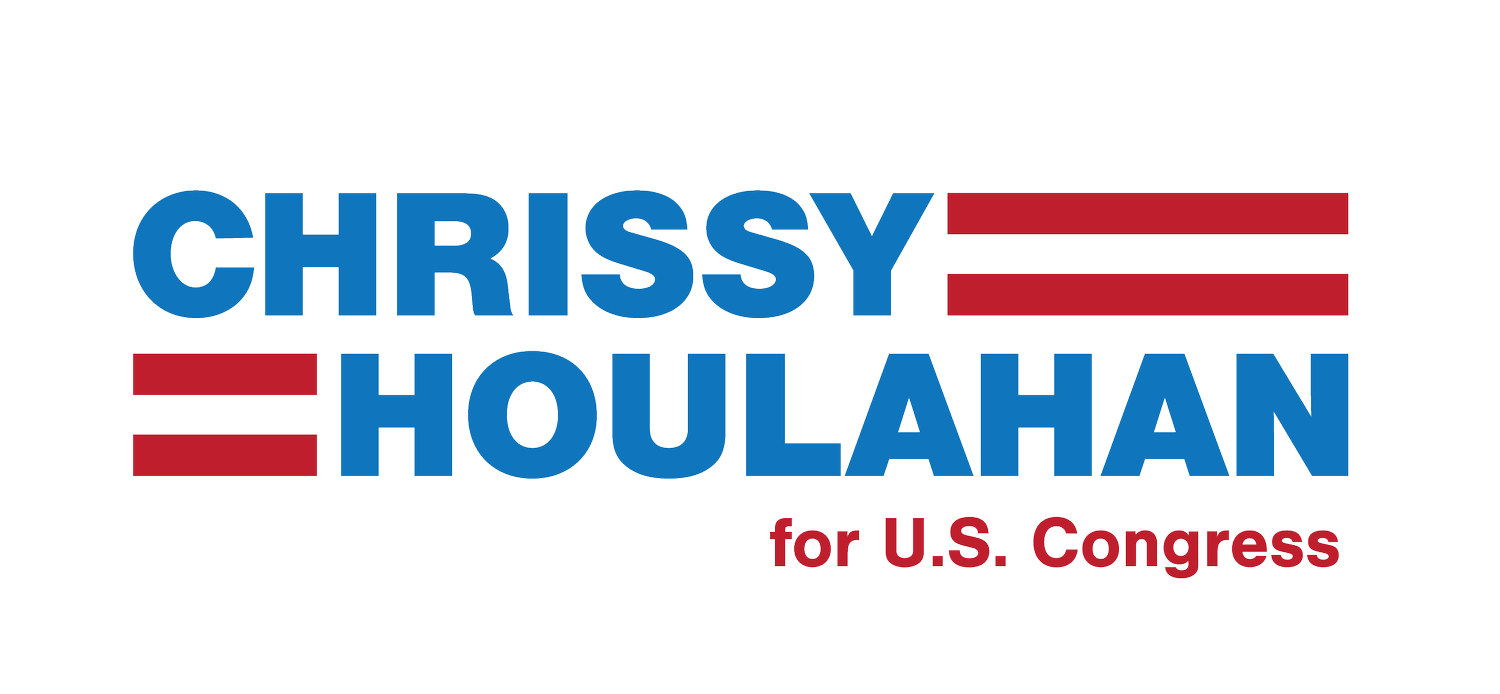Patch, 4/29/2022- Houlahan Joins Bipartisan Vote to Protect Semiconductor Supplies
By Holly Herman
WASHINGTON, D.C. —Rep. Chrissy Houlahan, a Chester County Democrat, supported a bipartisan bill this week that would force federal agencies to work together to assess the impact of Russia's invasion of Ukraine on the availability of semiconductor chips.
The Protecting Semiconductor Supply Chain Materials from Authoritarians Act passed the House and has moved to the Senate.
Semiconductors are used in electronic devices including mobile phones, many home appliances, and autos.
Approximately half of the world's supply of semiconductor-grade Neon, a key ingredient in the making of chips, is supplied by companies based in Ukraine.
"Too often, fighting among members of Congress makes headlines while bipartisan progress on important issues gets overlooked," Houlahan said.
Find out what's happening in West Chesterwith free, real-time updates from Patch.
Let's go!
"As our nation grapples with chip shortages, I wasn't surprised to see this bill pass with overwhelmingly bipartisan support."
Houlahan said the bill is a step in the right direction of enabling manufacturers to lower costs and combat inflation."
Houlahan recently returned from a bipartisan congressional delegation to key U.S. ally and partner countries Australia and India for high-level engagements with defense and foreign policy officials about national security challenges in the Indo-Pacific region, including supply chain independence from China.
Adam Smith, a Washington Democrat, and Austin Scott, a Georgia Republican, joined Houlahan at the meetings.
"China's deep relationship with Russia, a country whose leader Vladimir Putin has earned global scorn for his unlawful invasion of Ukraine, further demonstrates Beijing's willingness to challenge international rules and norms designed to promote peace and prosperity for everyone," said Smith, chairman of the House Armed Services Committee.
"Countries around the world deserve a better choice than what Xi and Putin have to offer — and the United States, Australia, India, and our allies and partners can provide a safer, freer, more prosperous way."
